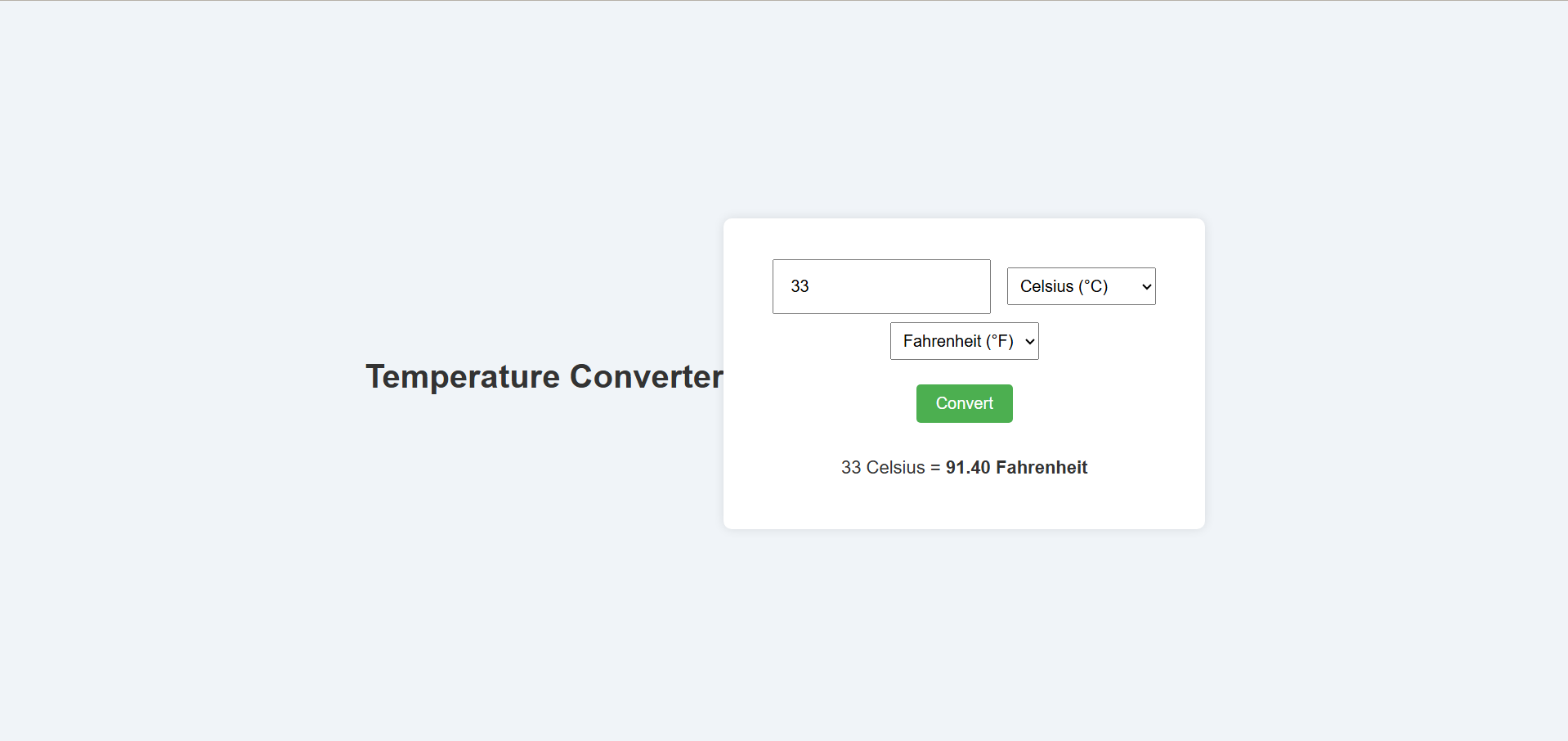Storage Classes in C++
Storage classes in C++ play a crucial role in managing memory allocation and variable lifetimes. They determine how variables are stored and accessed and their visibility within a program. Understanding storage classes is vital for optimizing memory usage, controlling variable scope, and improving program efficiency.
The storage classes available include automatic, static, register, external, and thread_local. Automatic storage class is for local variables, static for preserving values between function calls, register for optimizing access speed, external for global scope across files, and thread_local for thread-specific instances. Mastering storage classes empowers developers to write efficient and organized code while harnessing the full potential of C++.
Automatic Storage Class
The automatic storage class in C++ is the default storage class for local variables declared within functions or blocks. It is often referred to as "auto." When a variable is declared with an automatic storage class, it is created when the block is entered and destroyed when the block is exited.
Scope and Lifetime of Variables with Automatic Storage Class
Variables with automatic storage classes have a limited scope within the block in which they are defined. They are accessible only within that block and its nested blocks. Once the block is exited, the memory allocated for these variables is automatically released.
Examples and Use Cases of Automatic Storage Class
Local Variables : Variables declared inside functions or blocks without specific storage class specifiers are automatically assigned the automatic storage class. For example:
void myFunction() {
int x = 10; // Automatic storage class
// Rest of the code
}Use Cases : Automatic storage class is commonly used for temporary or intermediate variables needed within a specific block. It is ideal for variables that do not require a longer lifespan or global accessibility. For instance, loop counters, temporary calculations, or local computations can be declared with an automatic storage class.
void calculateSum(int array[], int size) {
int sum = 0; // Automatic storage class for the sum
for (int i = 0; i < size; i++) {
sum += array[i];
}
// Rest of the code
}Here, the variable sum is declared with an automatic storage class to hold the sum of array elements within the function. Once the function is exited, the memory for the sum is automatically released.
The automatic storage class simplifies memory management for local variables by automatically handling their creation and destruction, providing a convenient and efficient way to manage temporary data within blocks.
Automatic Storage Class is the default storage class for variables in C++. Here's an explanation of its default value, scope, and memory representation:
Default Value:
Variables with automatic storage class are not explicitly initialized, so they have an undefined value by default. It means their initial value is unpredictable and depends on the current state of memory.
Example:
void foo() {
int x; // Variable with automatic storage class
std::cout << x << std::endl; // Output: Unpredictable value
}In the example above, the variable x is declared with automatic storage class inside the foo function. Since it is not explicitly initialized, its value is undefined, and accessing it without initialization would result in unpredictable behavior.
Scope:
Variables with automatic storage class have block scope. They are only accessible within the block or function where they are declared. Once the block or function scope ends, the variable ceases to exist.
Example:
void foo() {
int x = 10; // Variable with automatic storage class
if (x > 5) {
int y = 20; // Variable with automatic storage class
std::cout << y << std::endl; // Output: 20
}
std::cout << y << std::endl; // Error: 'y' is out of scope
}In the example above, the variable x is accessible within the entire foo function. However, the variable y is only accessible within the if block where it is declared. Once the execution moves outside the if block, the variable y goes out of scope, and any attempt to access it would result in an error.
Memory Representation:
Variables with automatic storage class are typically allocated on the stack memory. The stack is a region of memory used for function call frames and local variables. Each time a block or function is entered, memory is allocated for automatic variables, and deallocated when the block or function is exited.
Example:
void foo(){
int x = 10; // Variable with automatic storage class
int y = 20; // Variable with automatic storage class
// Rest of the code…
}In the example above, the variables x and y are allocated on the stack memory when the foo function is called. The memory for these variables is deallocated when the function returns or reaches its end.
Automatic storage class is the default storage class for local variables in C++. Understanding its default value, scope, and memory representation is crucial for proper usage and understanding of variable behavior within functions and blocks.
Static Storage Class
In C++, the static storage class is used to declare variables that retain their values throughout the program's execution. Unlike variables with automatic storage classes, static variables are allocated memory only once, and their values persist between function calls. The keyword "static" defines variables with a static storage class.
Scope and Lifetime of Variables with Static Storage Class
Variables with static storage classes have a global or file scope, depending on where they are declared. If declared inside a function or block, their scope is limited to that function or block. However, their values are preserved even when the function or block is exited. The lifetime of static variables extends throughout the program's execution.
Examples and Use Cases of Static Storage Class
Global Static Variables : Static variables declared outside any function have a global scope and are accessible across multiple functions within the same file. They retain their values throughout the program's execution.
#include <iostream>
int globalCounter = 0; // Global static variable
void incrementCounter() {
globalCounter++; // Accessing and modifying global static variable
}
int main() {
incrementCounter();
incrementCounter();
std::cout << "Counter value: " << globalCounter << std::endl;
return 0;
}In this example, the global static variable globalCounter is incremented within the incrementCounter() function. Its value persists between function calls, resulting in an output of "Counter value: 2."
Local Static Variables : Static variables can be declared inside functions or blocks. These variables have a local scope, but their values are preserved across multiple function invocations.
#include <iostream>
void printCount() {
static int count = 0; // Local static variable
count++;
std::cout << "Count: " << count << std::endl;
}
int main() {
printCount();
printCount();
return 0;
}In this case, the local static variable count retains its value between function calls. The output will be:
Count: 1
Count: 2
Use cases for static storage class include:
- Counters and accumulators that need to retain their values across multiple function calls.
- Caching or memoization of expensive function results.
- Shared data or flags within a module or file.
Using static storage class, variables can maintain their values across program execution or function calls, providing persistent storage for certain data and enhancing program functionality.



























